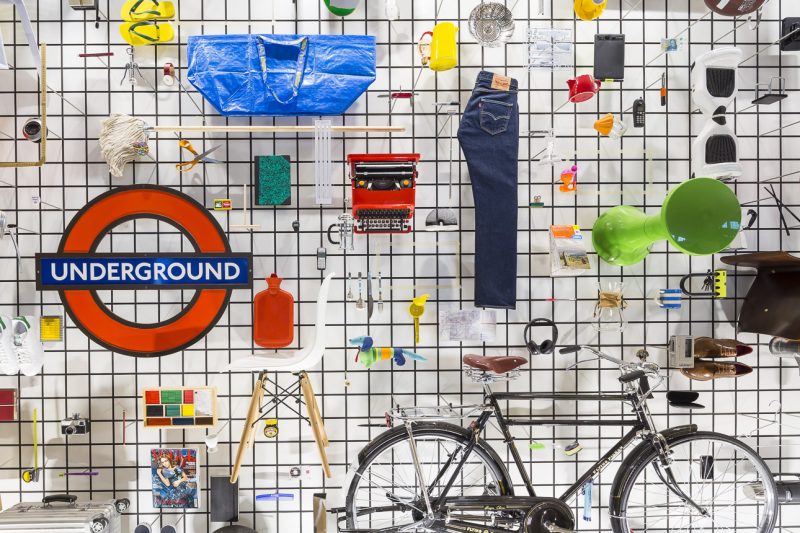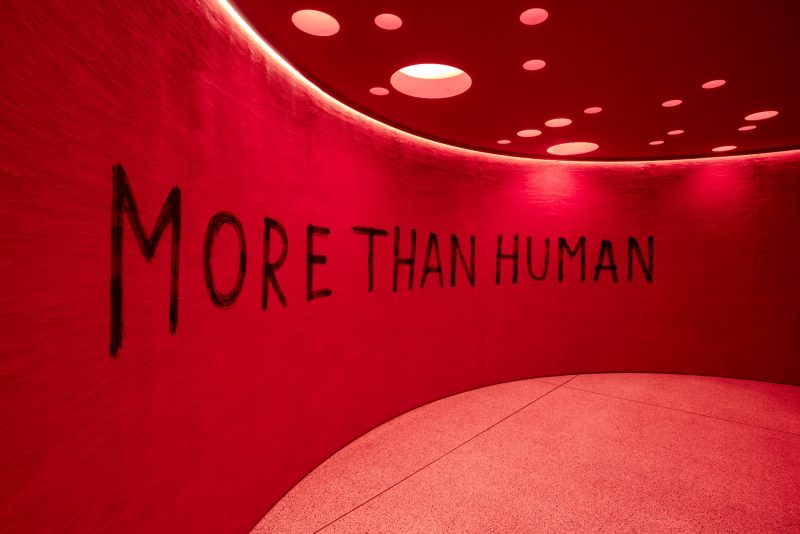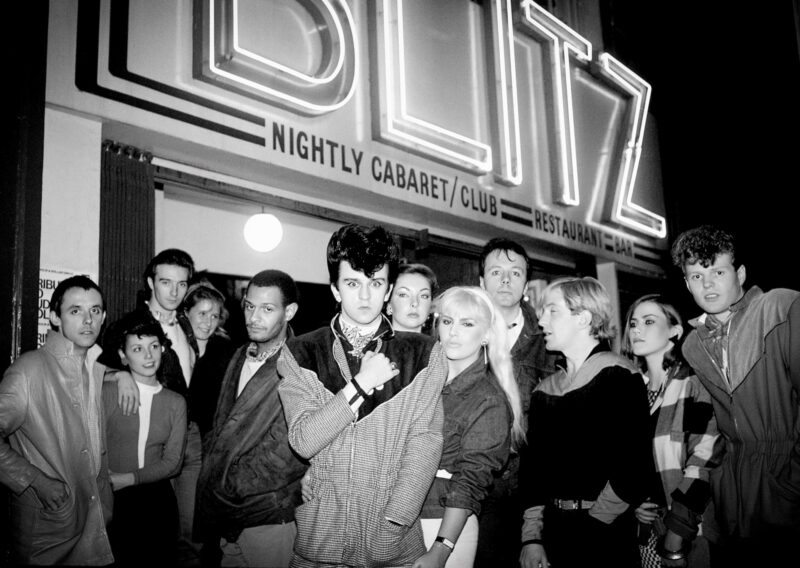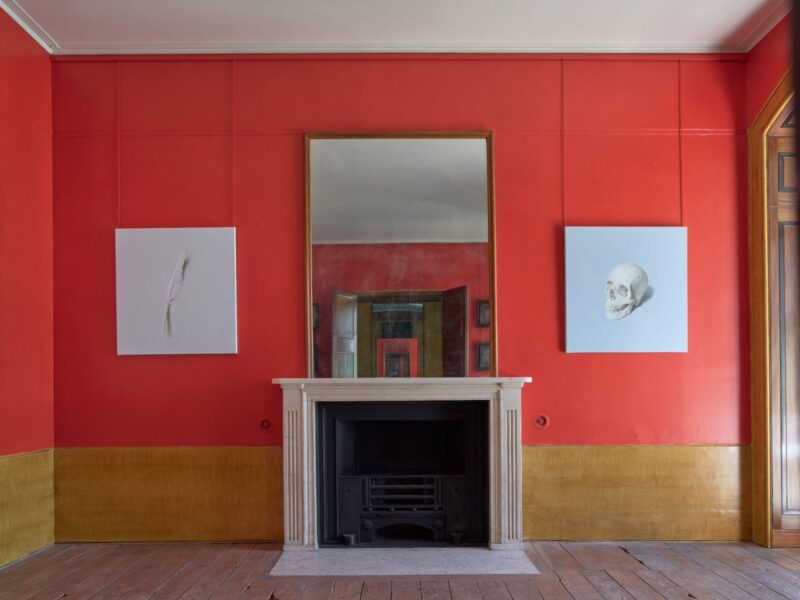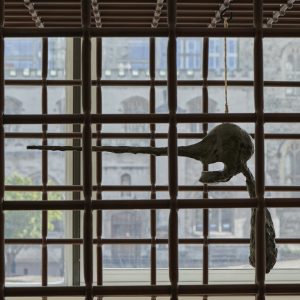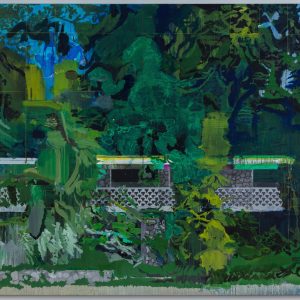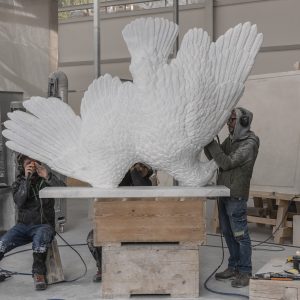The first-ever UK museum exhibition devoted to Enzo Mari one of the most significant designers of the 20th century will open at the Design Museum this spring.
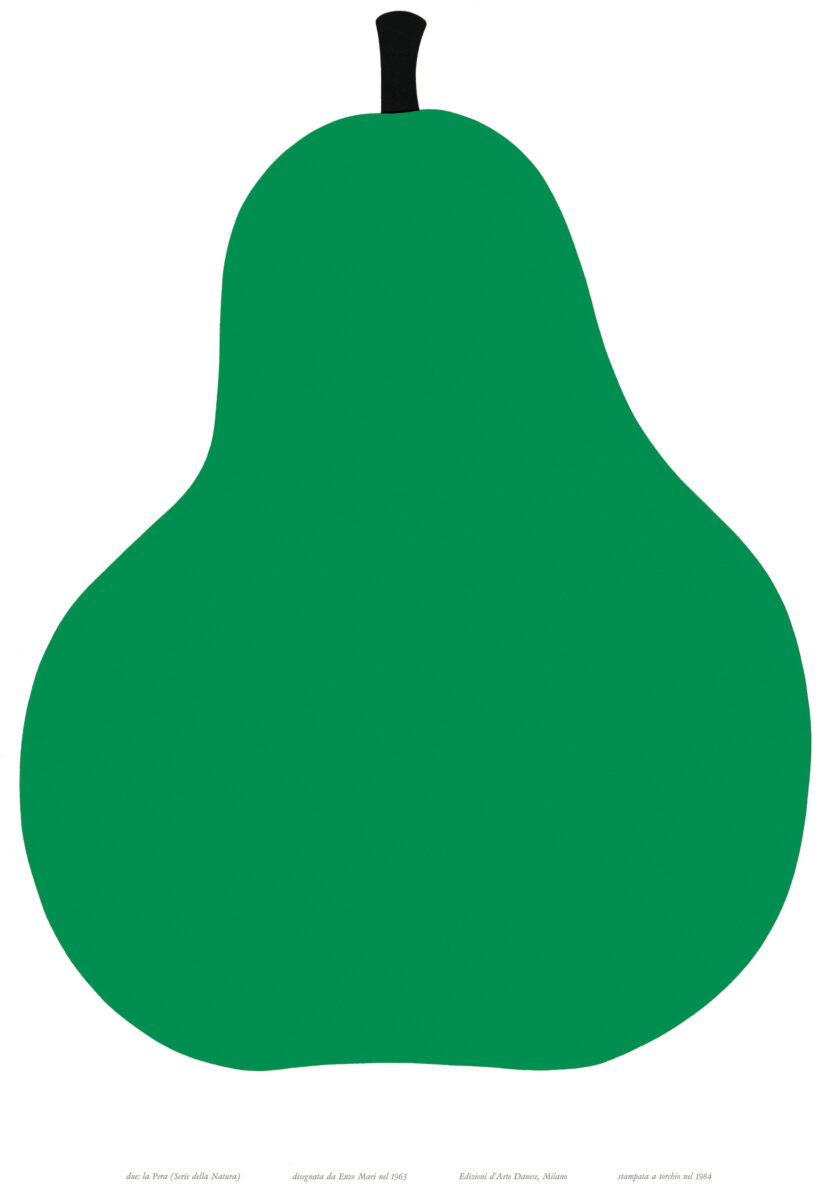
The 60-year career of designer Enzo Mari — a pioneer of post-war Italian design — will be spotlit in a major exhibition opening on 29 March. It is co-curated by Mari’s friend and collaborator, and artistic director of Serpentine, Hans Ulrich Obrist, with Francesca Giacomelli, Mari’s studio project assistant, designer, curator and researcher.
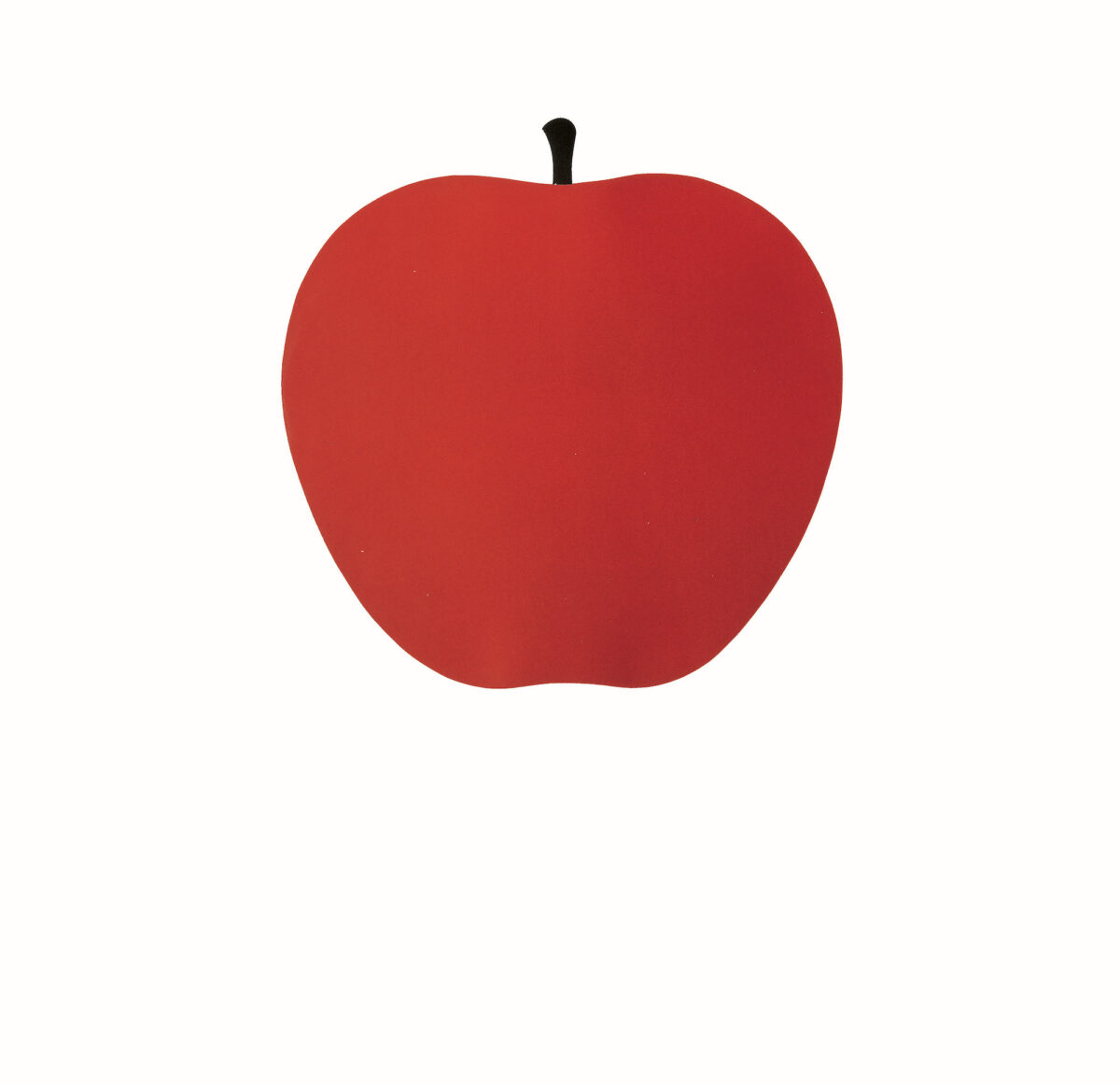
The large-scale retrospective will include the full spectrum of Mari’s prolific output, from his work as a designer, but also as an artist, teacher, critic and theorist. In total, more than 300 objects will be on display — most have not been seen in the UK before.
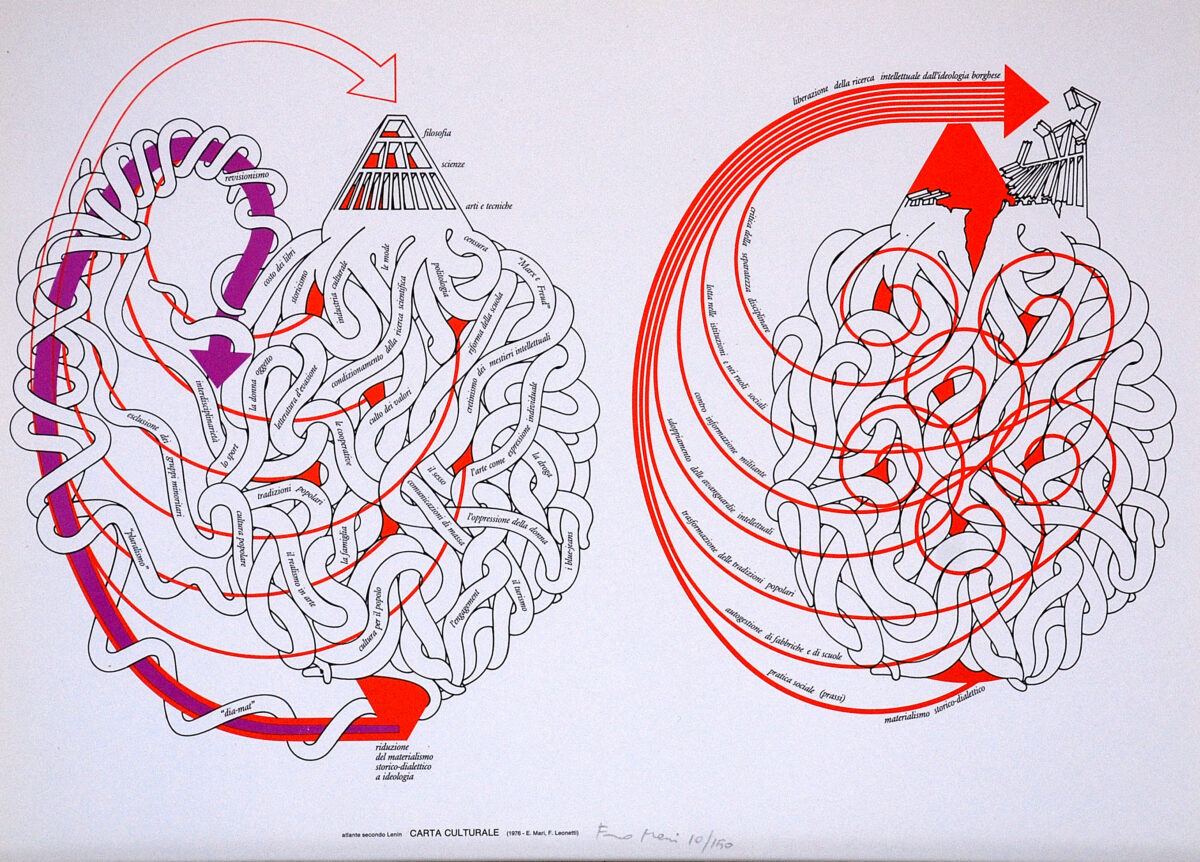
The exhibition will come to the UK after debuting at Triennale Milano in 2020. The original exhibition opened just before Mari’s death, aged 88. He is remembered as a “giant” of Italian design and a figure whose life and work has inspired generations of creatives around the world.
The vast array of works that visitors will see spans the spheres of art, design, exhibition and graphic design. Hundreds of Mari’s projects will be examined, ranging from furniture to conceptual installation-based works, and from product design to graphics. Also on show will be his children’s books and games, which were an important aspect of Mari’s output as in his vast creative field, he considered the needs of children just as important as those of adults.
Archival material throughout the show will provide greater insight into Mari’s research process, and the key principles that guided and unified his work.
During his long career, many of Mari’s timeless designs went on to fill homes across the globe, as they continue to do to this day. They include his ‘Nature Series’ prints of apples and pears, perpetual calendars in injection moulded plastic, and timeless furniture and kitchenware.
Mari had a firm commitment to creating designs that were sustainable in both their materiality and aesthetics, and that were accessible to everyone. This approach was radical for his time, and today he can be seen as a trailblazer for many of design’s and society’s most pressing issues. His seminal instruction booklet ‘Autoprogettazione’ (Proposal for self-design), is one such example, predating open-source design practices.
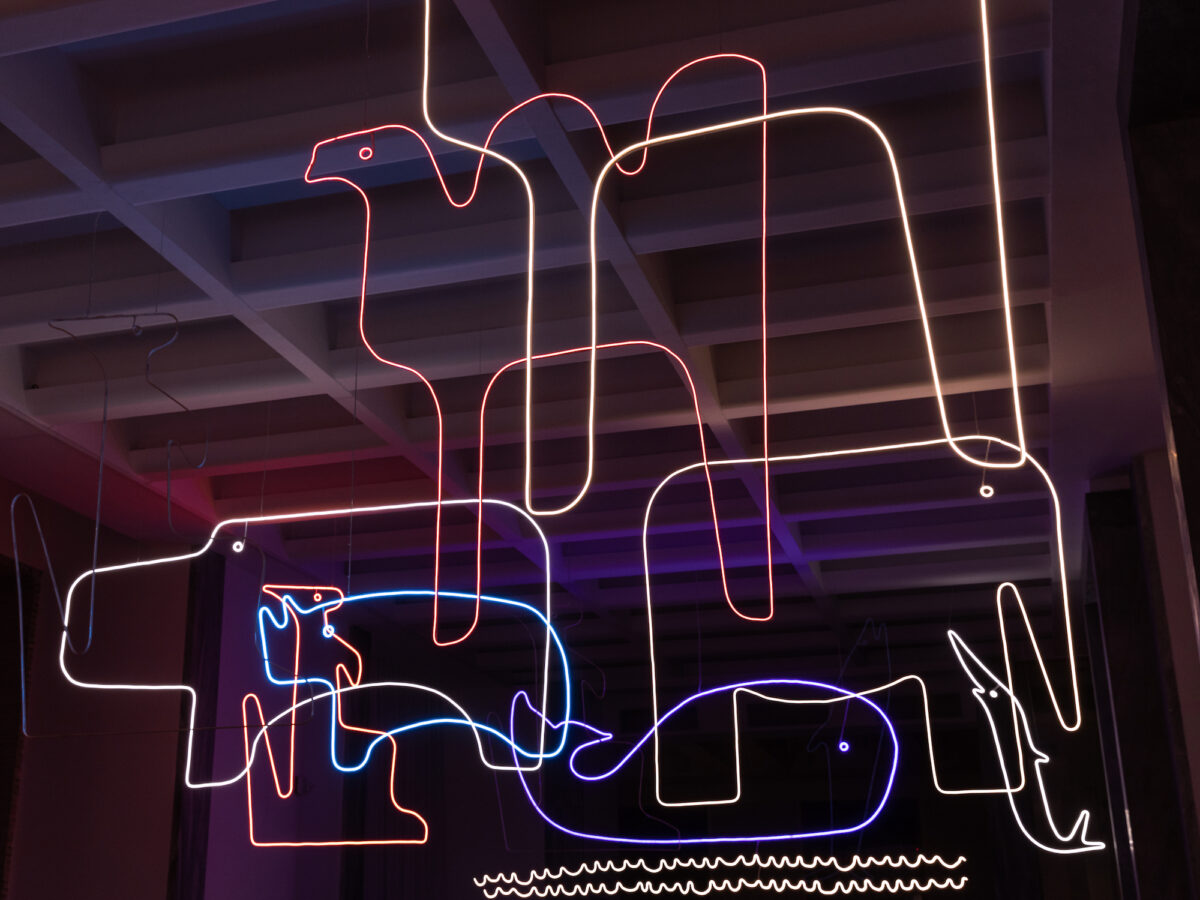
Underlying much of Mari’s work was a belief that play is “the activity needed to discover one’s potential and to learn about the world”. After seeing his children playing, he decided to design new toys and games for them. These went on to become some of his most famous works, and are highlights of the exhibition. ‘16 Animals’ — which he created in 1957 — is a wooden puzzle composed of the silhouettes of sixteen animals, including a camel, elephant and kangaroo. Its production by the Milanese manufacturer Danese, proved so popular that sixteen years later Mari designed another version, ‘16 Fish’, which featured silhouettes of fish, seals, an octopus and other sea creatures. Both puzzles were intended to encourage children to discover through play. Other toys and games Mari created and on display will be ‘The fable game’, and ‘The apple and the butterfly’.
Known for his uncompromising beliefs and subversive opinions, Mari has been described as ‘design’s conscience’. His stance was one of activism, calling for a greater social responsibility in design, and access to knowledge. His durable, low-cost and multifunctional objects speak to these beliefs, as do his broader installation-based works.
The exhibition has been curated by Hans Ulrich Obrist who worked closely with Enzo Mari on a series of interviews in 1990s and continued a dialogue and exchanges with him since. The exhibition is drawn from the final show Mari curated during his lifetime — Enzo Mari: L’arte del design at the Galleria Civica d’Arte Moderna e Contemporanea in Turin in 2008. It has been expanded to include archival material assembled by Francesca Giacomelli to illustrate key projects resulting from Mari’s research.
The projects featured in the show can collectively be considered the most representative works of the nearly 2,000 Mari created during his career. The objects are displayed in chronological order, without distinguishing between disciplines, media, or types of research.
The exhibition also includes a number of tributes from contemporary international artists who reflect on Mari’s extraordinary life and legacy through site-specific installations and new, specially commissioned works. These pieces — by Dominique Gonzalez-Foerster, Mimmo Jodice, Dozie Kanu, Adrian Paci, Barbara Stauffacher Solomon, Rirkrit Tiravanija, Nanda Vigo, Danh V? and Virgil Abloh — make up the final section of the exhibition.
Visitors will also see a series of video interviews by Hans Ulrich Obrist that illustrate Mari’s constant ethical tensions.
In a first for the Design Museum, this major exhibition will be accompanied by an additional free display on the museum’s balcony, allowing all visitors to be able to discover Mari’s enduring influence.
Thirteen London-based, contemporary designers will display select pieces of their work which demonstrate how their practice has been inspired by Mari’s thinking or his legacy. The designers are Jasper Morrison, Studiomama, Martino Gamper, Industrial Facility, Andu Masebo, Michael Marriott, Special Projects, Jaclyn Papparlardo, A Practice for Everyday Life, Rio Kobayashi, Sound Advice, Livia Lauber and StudyOPortable, and the display — titled Grazie Enzo: Contemporary Responses to Enzo Mari — will open on the same day as the exhibition.
Enzo Mari curated by Hans Ulrich Obrist with Francesca Giacomelli comes to London after its run at Triennale in Milan in 2020, and at C-Mine in Genk, Belgium in 2023. It is curated by Hans Ulrich Obrist with Francesca Giacomelli. It is curated for the Design Museum by Rachel Hajek. The balcony display is curated by Esme Hawes.
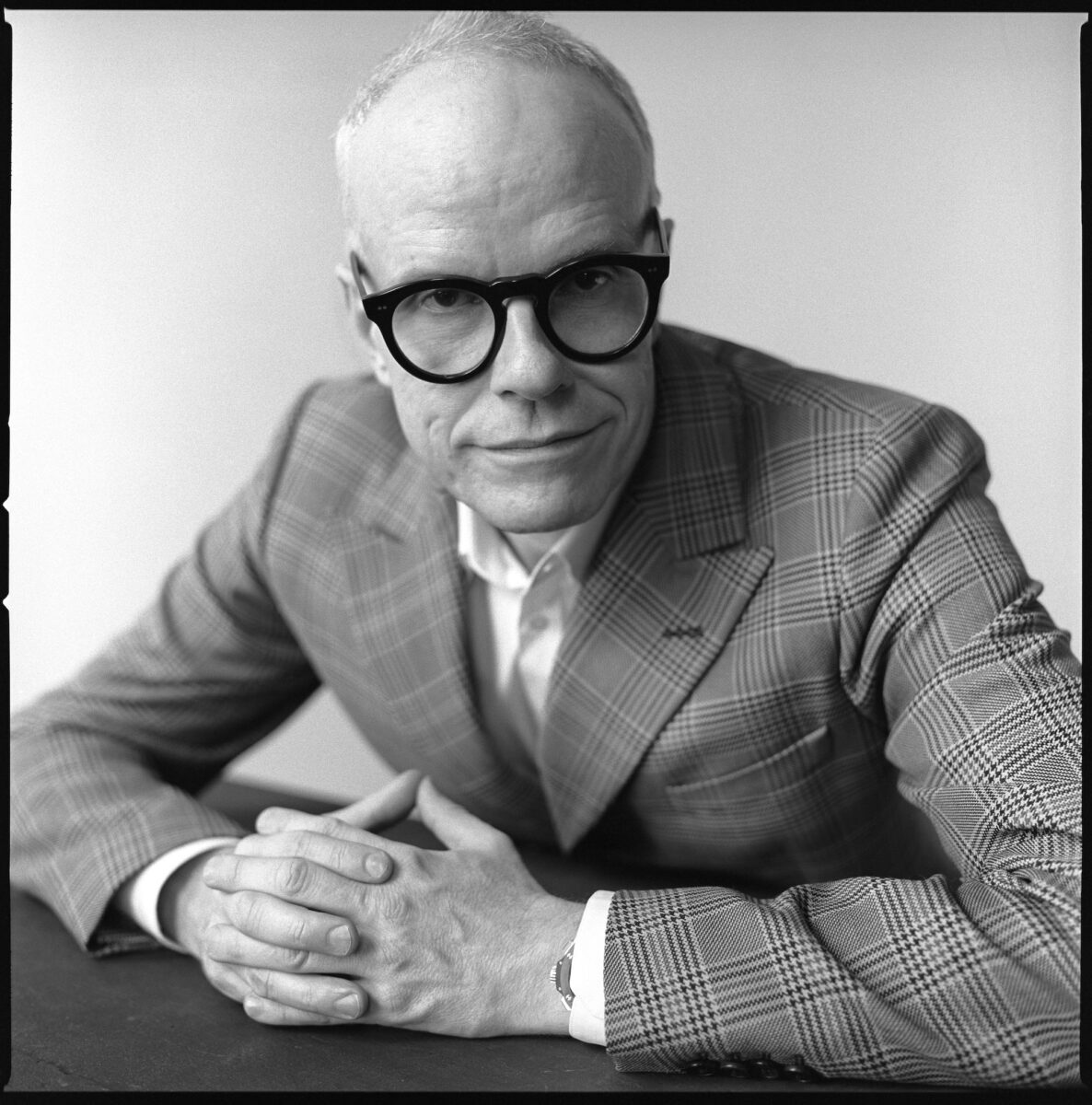
Hans Ulrich Obrist, curator, said:
“This is a relevant time to revisit Mari’s work and look at the issues of sustainability and accessibility through his lens. In my many conversations with him, Mari always emphasized that design objects have to be made to last for good – design that’s there to stay, against the idea of a disposable waste of resources. This connects to his passion for transformation. Form was everything for him, but he wanted to create, through these forms, models for a different society. I am delighted that the Design Museum, after successful runs in Italy and Belgium, is bringing the exhibition to London and evolving the show for UK audiences to explore the remarkable and genius world of Enzo Mari.”
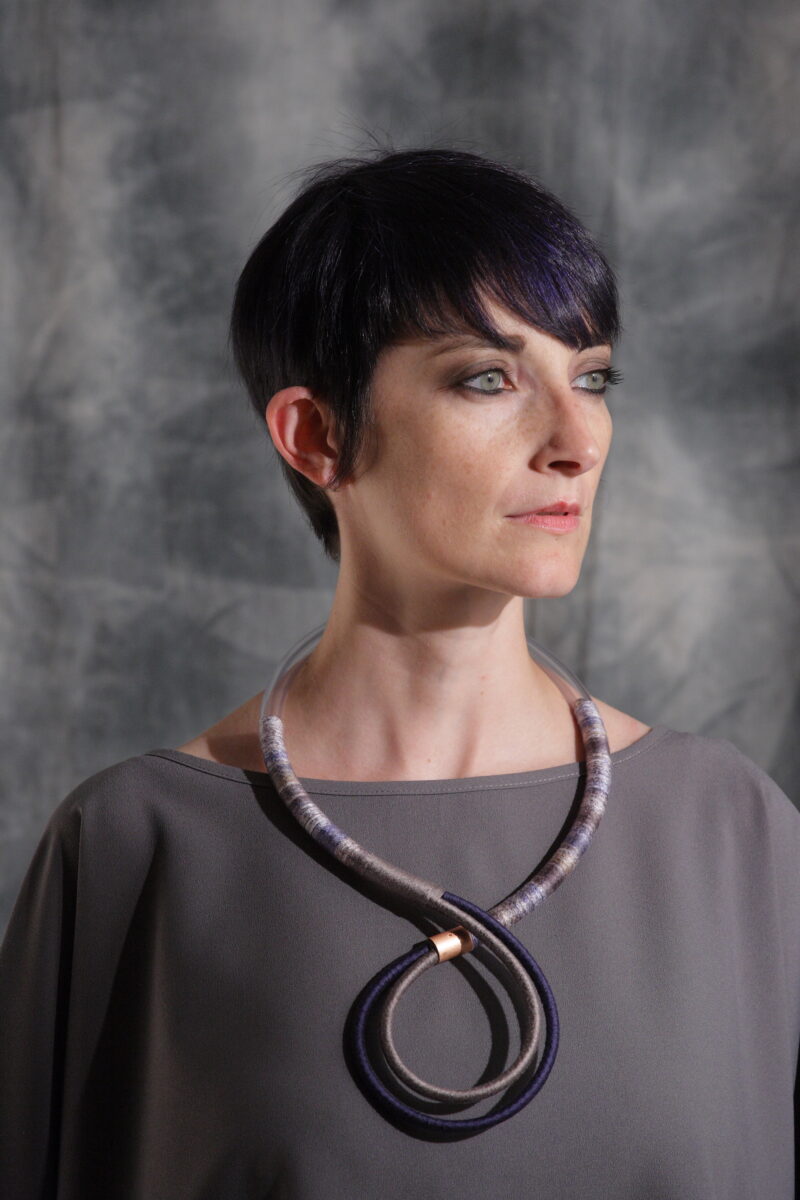
Francesca Giacomelli, curator at the Triennale Milano, said:
“Mari believed that ‘ethics is the goal of every project’. He didn’t want to create objects, he wanted to create models for a different society, for a different way of producing and living. The aim was to have people became part of the project itself: to free the others from the passive role of consumer, because the project is not a form to contemplate or to be consumed, but an instrument of transformation that requires the active participation of a community, made aware by knowledge. His research are allegorical fragments of a single project, to which Mari has dedicated his life, in the hope “of transforming the world”. Now we have the task to preserve his legacy, made of instruments of knowledge, and try to create a new world.”
Enzo Mari curated by Hans Ulrich Obrist with Francesca Giacomelli, An exhibition produced by Triennale Milano, 29th March — 8th September 2024. Book Tickets Now
Supported at the Design Museum by Istituto Marangoni
